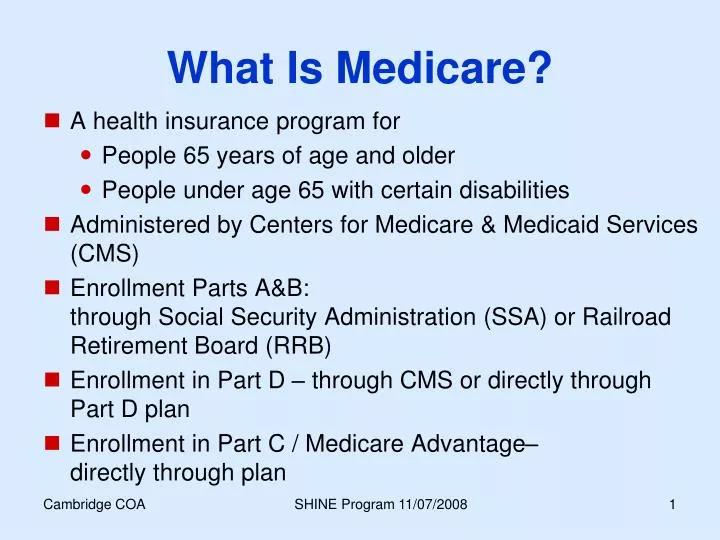

Private payers usually establish provider prices through contract negotiations.

How Does Medicare Estalish its Payment Rates? Additionally, the prices Medicare pays for drugs may not be a suitable benchmark for other payers. Some critics assert that Medicare generally underpays providers, while others argue that Medicare overpays for certain services. This issue brief discusses whether or not Medicare’s approach to setting prices can serve this purpose, exploring the advantages and disadvantages of using Medicare as a benchmark.

Another common approach is to benchmark prices against the rates set by the Centers for Medicare and Medicaid Services (CMS) for Medicare beneficiaries. Payers and policymakers have examined many approaches to address excessive prices, most of which rely on establishing a fair price, sometimes known as a “benchmark price.” Sometimes prices are benchmarked against the average or the median price for a procedure, however this approach fails to account for already excessive prices that might be built into that average or median. 1 Moreover, research shows that these prices are highly variable and may not reflect the actual underlying cost to provide healthcare services, particularly the prices paid by commercial health insurance, which covers almost 60 percent of the U.S.
#MEDICARE REIMBURSEMENT BENCHMARK DEFINITION DRIVER#
There is a strong consensus that the primary driver of high and rising healthcare spending in the United States is high unit prices-the individual prices associated with any product or service, like a medication or a medical procedure. 40 | February 2020 Medicare Rates as a Benchmark: Too Much, Too Little or Just Right?


 0 kommentar(er)
0 kommentar(er)
